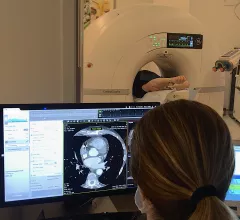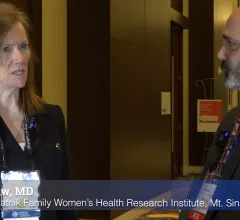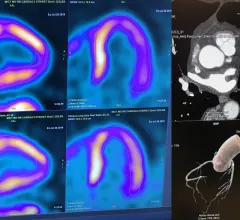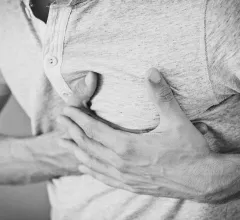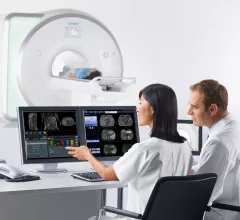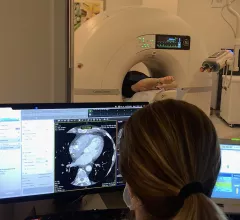Cardiac Imaging
While cardiac ultrasound is the widely used imaging modality for heart assessments, computed tomography (CT), magnetic resonance imaging (MRI) and nuclear imaging are also used and are often complimentary, each offering specific details about the heart other modalities cannot. For this reason the clinical question being asked often determines the imaging test that will be used.
Displaying 217 - 224 of 980
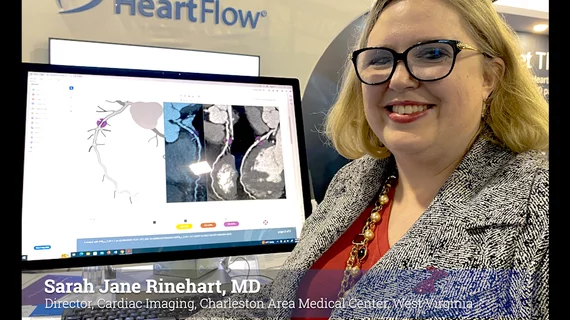
![Advanced artificial intelligence (AI) models can evaluate cardiovascular risk in routine chest CT scans without contrast, according to new research published in Nature Communications.[1] In fact, the authors noted, the AI approach may be more effective at identifying issues than relying on guidance from radiologists. Representative non-contrast CT slices for two patients (left), with super-imposed segmentations (right). One artificial intelligence (AI) model was used to segment a cardiac mask.](/sites/default/files/styles/top_stories/public/2024-04/screen_shot_2024-04-23_at_10.44.32_am.png.webp?itok=O8wgPFEZ)

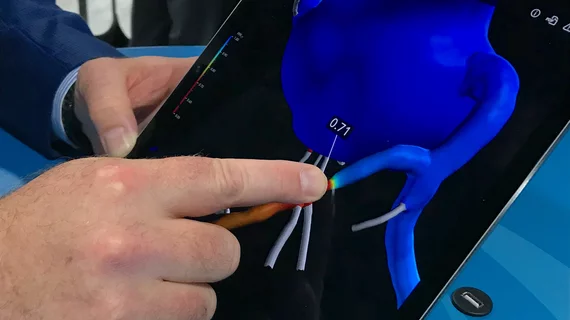

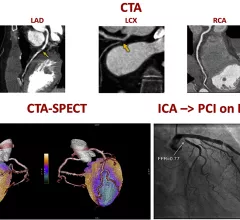
![Cardiac computed tomography (CCT) is an accurate, noninvasive imaging test that should be a first-line tool when treating patients with obstructive coronary artery disease (CAD), rather than cath lab angiography angiograms, according to new findings published in the New England Journal of Medicine.[1]](/sites/default/files/styles/240x220/public/2022-04/ct_scan_tech_in_control_room_duly_df.jpeg.webp?itok=SNLzb1bX)
